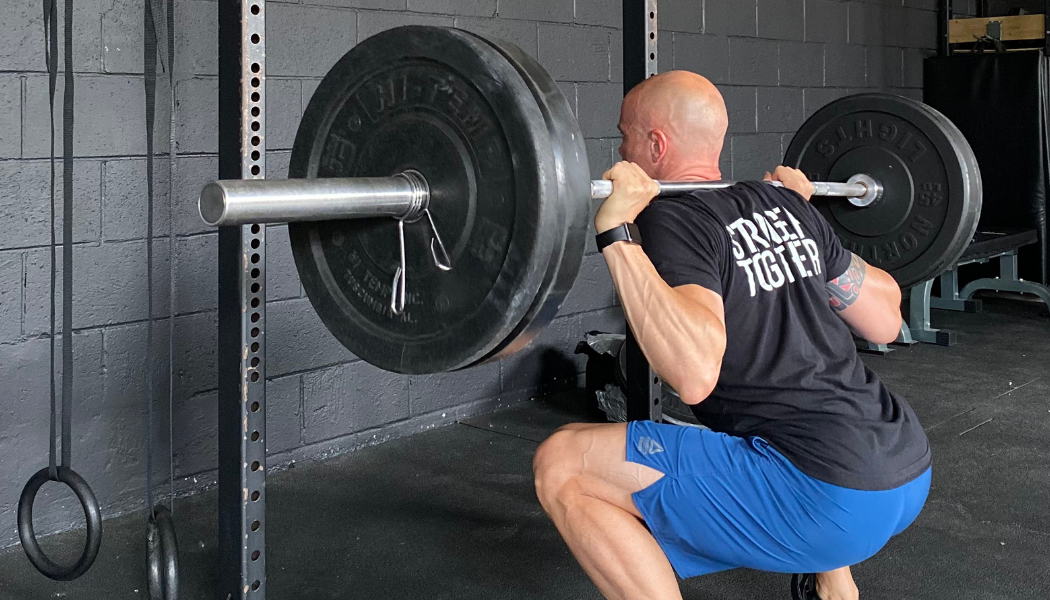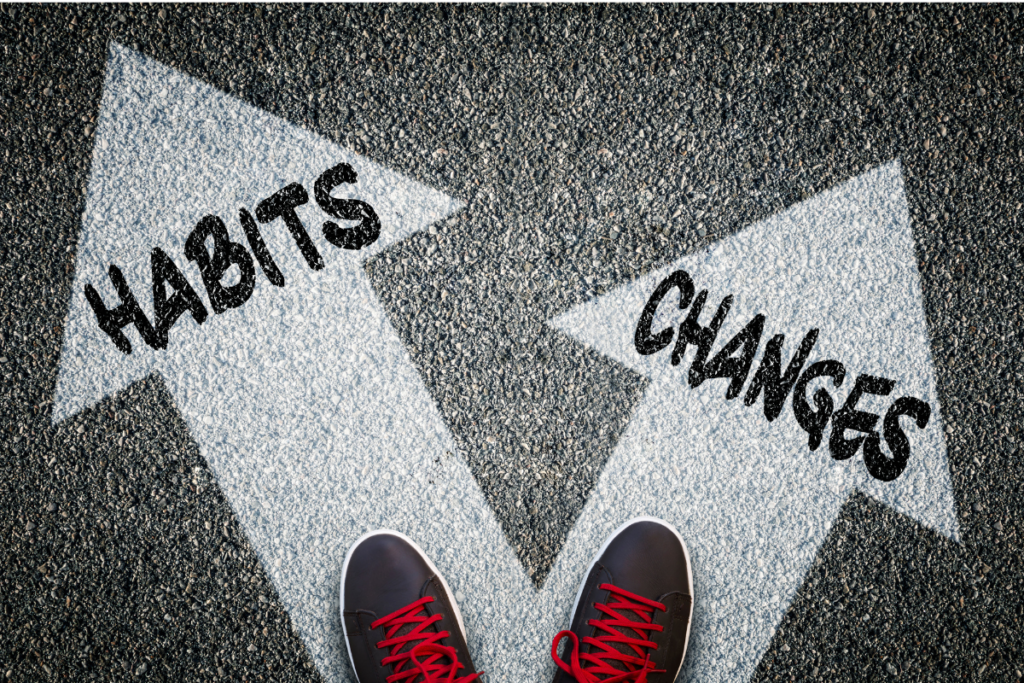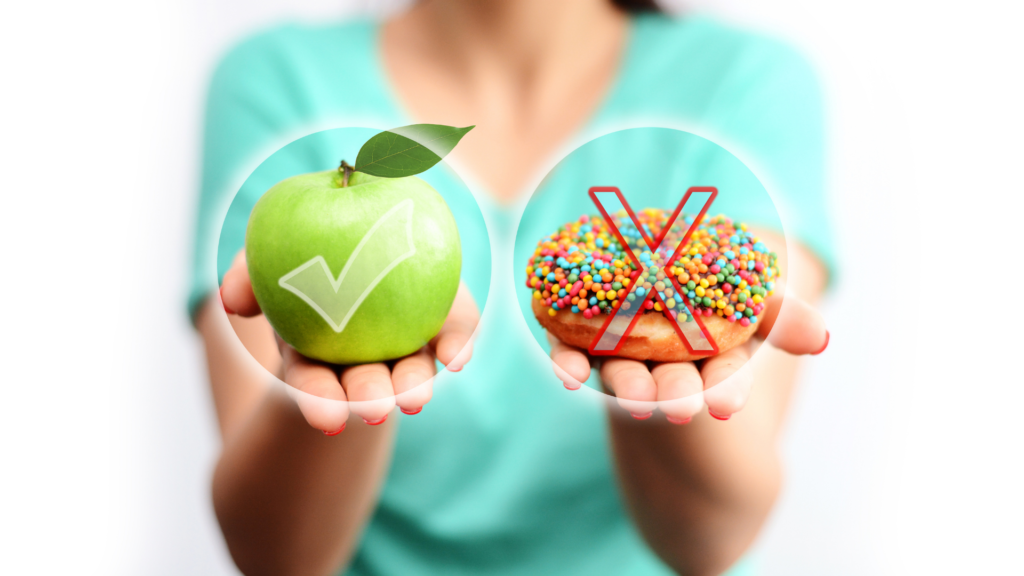WEIGHT LOSS JUST MEANS FAT LOSS

Whenever someone says they want to lose weight, what they usually mean is that they want to lose body fat.
For someone that has some weight to lose or even just someone looking to improve their body composition, you’d still want to maintain as much lean muscle mass as possible. This is why weight loss goals are actually fat loss goals.
With that said, burning fat boils down to a very simple math equation: You need to burn more calories than you consume. Now, of course, food quality and the nutrient density of your food matter, but when talking about fat loss, you need to be in a caloric deficit. It’s that simple.
But simple doesn’t mean easy, and this is where food quality comes into play when it comes to fat loss.
By prioritizing high-quality, whole foods, you ensure that you’re getting plenty of fiber and protein in your diet. Both of these are incredibly important to help you feel satiated, meaning they will make it easier for you to adhere to a caloric deficit without intense cravings.
When it comes to fat loss, many people find success in the short term but struggle in the long term. Why is that?
Well, if you’re constantly dieting and putting yourself into too much of a caloric deficit, you may lose weight, but it won’t be sustainable. The key to long-term fat loss is to find habits that will make it easy for you to sustain a small caloric deficit over a more extended period of time. Short bouts of intense deficits will get you quick results, but the pendulum often swings back the other way and will put you back at square one or worse.
Consistency is key when it comes to fat loss. If you are in a significant caloric deficit Monday through midday Friday, but then you overindulge on the weekends, your average caloric intake for the week may not even be a deficit at all. This inconsistency will actually lead to weight gain instead of fat loss if “cheat days” are too extreme.
It doesn’t pay off to be too restrictive when it comes to fat loss. Both the caloric deficit you should aim for and the foods you choose to cut off should be something that doesn’t feel too extreme or unsustainable.
Long-term results take EFFORT and consistency over time. Chasing shortcuts may seem like it will get you there quicker, but it won’t.
ONE THING TO TRY THIS WEEK
Protein and veggies. That’s it.
We’ve said this before and we’ll say it again (because it works): Focusing on what to ADD to your plate instead of worrying about what to keep off your plate can be a great method to finding a sustainable way to progress towards your nutrition goals.
For anyone looking to lose body fat, it will be significantly easier to maintain a caloric deficit if your meals are made up of adequate protein and fiber.
What does that look like? Without needing a food scale, you can use the Hands On Nutrition method and aim for a palm-size (or two) of protein and two cupped handfuls of fruits or vegetables for every meal.
With plenty of protein and fiber in your diet, it should make it easier to avoid excessive snacking or intense cravings.
With all that said, the aim is still to be in a caloric deficit if fat loss is your goal. However, by focusing on satiating foods like fiber and protein, that goal might be a lot easier to achieve in the short term and the long term.
To find out more about how to lose weight but keep muscle, book a call with us for free – https://msgsndr.com/widget/appointment/service/no-sweat-intro?group=collectivefit
The post WEIGHT LOSS JUST MEANS FAT LOSS appeared first on CollectiveFit.
More Posts





